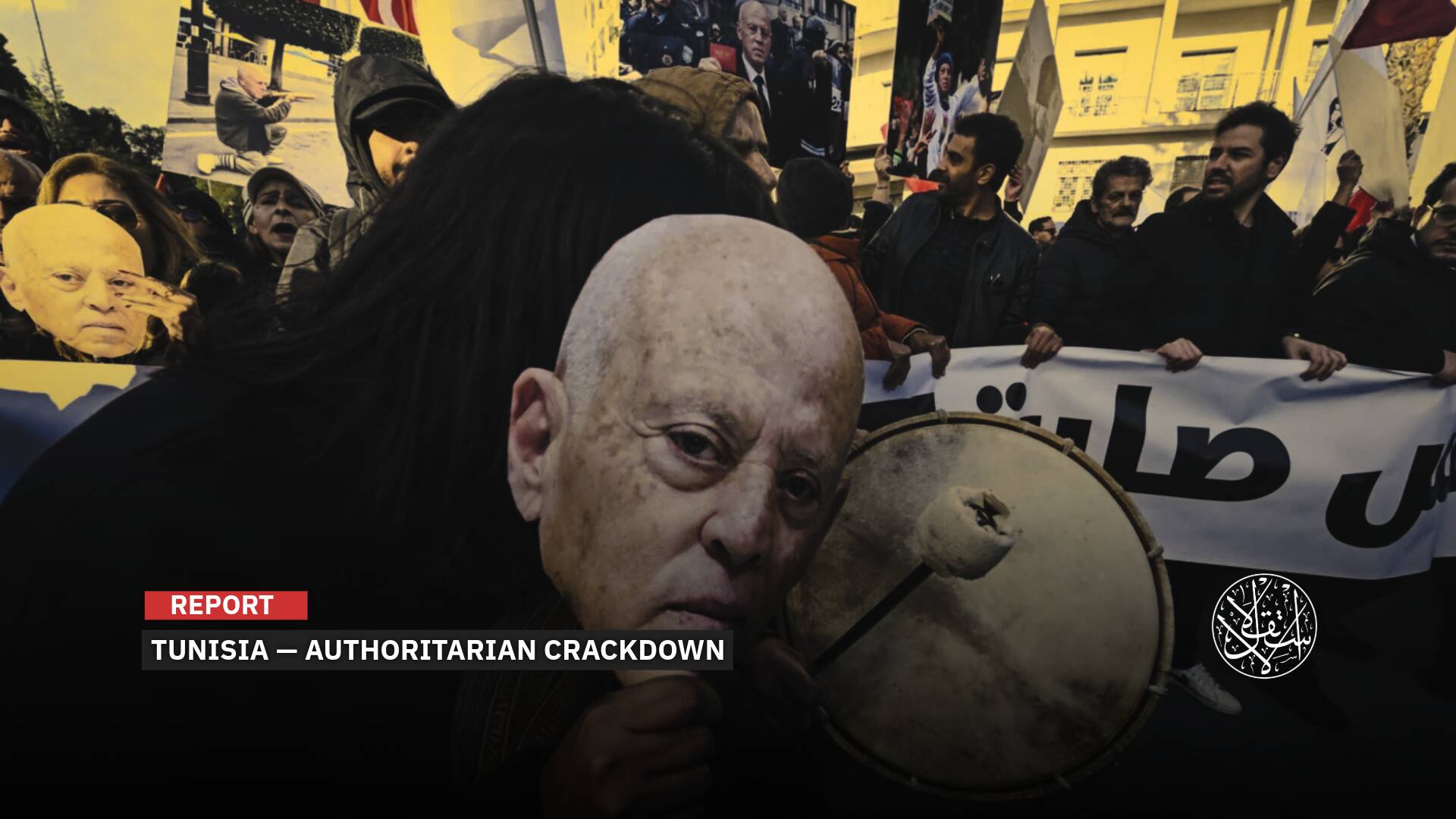New Alliance: This Is How Russia Supported the Union of Three African Countries

The African Sahel Union aims to act as a sovereign alternative to western-controlled regional entities.
Amid the completion of the U.S. military's withdrawal from Niger's Air Base 101, the first summit of the Sahel Alliance convened in Niamey, marking a pivotal moment for Mali, Burkina Faso, and Niger.
These three military-led nations formalized their union by signing a confederation treaty, signaling their intent to operate independently of the Economic Community of West African States (ECOWAS), which has been pressing them to restore democratic governance.
The summit's primary themes revolved around sovereignty, political, and economic independence.
Leaders of the Sahel Alliance used their platform not only to justify their coups but also to attempt to reshape the geopolitical landscape and influence balance in a region contested by various international powers.
Sahel Alliance
On September 16, 2023, the Sahel Alliance was officially declared to counter ECOWAS's threats of military intervention in Niger.
Although the alliance was initiated with the signing of the Liptako Gourma Charter in Bamako, the leaders had not convened until the July 6 summit.
The timing was strategic, coinciding with the final departure of U.S. forces from Niger and the ongoing completion of the Agadez drone base.
Burkina Faso's military leader, Captain Ibrahim Traore, emphasized this moment as one of liberation, asserting the right of peoples to determine their own destinies free from external interference.
The summit's timing also preempted an ECOWAS meeting in Abuja, aimed at addressing the withdrawal of these nations from the economic bloc.
Niger's military commander, General Abdourahamane Tiani, declared at the summit's outset that the alliance members had irrevocably turned away from ECOWAS, positioning the Sahel Union as a sovereign alternative to foreign-controlled regional entities.
Tiani criticized ECOWAS, established nearly five decades ago, as now being a threat to their nations. Consequently, on January 29, the three countries formally notified ECOWAS of their complete withdrawal.
Leaders of the Sahel Alliance argue that ECOWAS, originally intended to foster regional integration, has deviated from its foundational ideals, becoming a tool for France's regional agenda.
Attempts by Senegalese President-elect Bassirou Diou Mai Faye and Mauritanian President Mohamed Ould Ghazouani to mediate and encourage a renewed alliance within West Africa have been rebuffed by the resolute Sahel Alliance leaders, reflecting their firm stance against returning to ECOWAS.

Russian Interference
The tensions between the Sahel Alliance and ECOWAS are deeply rooted in recent coup crises: Mali in 2020, Burkina Faso in 2022, and Niger in 2023.
Each coup led to economic sanctions and threats of military intervention, particularly in Niger.
Political analyst Nasr Elsayed told Al-Estiklal that the Sahel Alliance's formation and departure from ECOWAS are part of a broader political shift towards closer ties with Russia and China, distancing from France and Europe.
Previously, these nations had also withdrawn from the G5 Sahel Alliance, an initiative launched in 2014 in Nouakchott under French and European auspices to combat terrorism in the African Sahel.
This move underscores their ongoing realignment and quest for greater autonomy in their regional and international relations.
Interim President of Mali, Assimi Goita, articulated the alliance’s primary objective: establishing a collective defense system and mutual assistance mechanism.
Malian Defense Minister Abdoulaye Diop emphasized that the alliance aims to amalgamate the military and economic efforts of the three nations, prioritizing the fight against terrorism.
This objective has led to the creation of joint forces dedicated to combating terrorist threats within their borders.
Moscow played a pivotal role in facilitating the charter's signing. A Russian Defense Ministry delegation, led by Deputy Defense Minister Yunus-Bek Yevkurov, engaged in negotiations with representatives from the three African nations, focusing on enhancing military-technical cooperation.
The formation of the Sahel States Alliance, consisting of Burkina Faso, Mali, and Niger, presents strategic opportunities for Russia, according to State Duma (lower house of Russia) member Sergei Altukhov.
He suggests that the confederation will facilitate the Russian Defense Ministry's African Corps in stabilizing the region.
Altukhov highlighted the potential for Russia to access mineral resources in these countries, with gold deposits in Mali and Burkina Faso potentially financing Russian military expenditures, and Niger's substantial uranium reserves contributing to Russia's nuclear energy needs.
Similarly, Elsayed is optimistic about the burgeoning relationship between Russia and the new Sahel Union.
He believes Russia's influence in the region will grow, particularly if it invests in infrastructure to stimulate economic activity.
Even without such investments, Elsayed notes the evident support for Russia among African nations.

Risky Approach
State Duma Deputy Alexander Tolmachev warns that the establishment of the Sahel States Alliance is fraught with risks, potentially leading to divisions within Africa and sparking significant conflicts and unrest.
However, he also sees the possibility of a more positive outcome: the formation of a large integration union that could become a pivotal player in a multipolar world.
Tolmachev views the confederation as a continuation of the recent waves of revolutions and upheavals across Africa.
He notes that former colonial powers are losing their influence in the region, while new powers are emerging.
African countries, particularly those led by revolutionary figures, are striving to enhance their international standing.
In contrast, Sergey Eledinov, a retired Russian military officer and independent analyst on African security issues, interprets the alliance as a step towards overcoming the legacies of colonialism.
He describes it as an epoch-making event, reflecting a process of integration among nations determined to maintain their sovereignty.
Eledinov sees this as an attempt to fulfill the original vision of Africa’s founding fathers, who aspired to create the United States of Africa and restore historical justice after colonialism had dismantled the continent's political landscape.
The creation of the Sahel States Alliance significantly undermines France’s position in West Africa.
Political expert Nataliya Narotchnitskaya asserts that Paris is rapidly losing its influence, describing the situation as an explosion of the French belt in Africa.
She observes that countries are liberating themselves from neocolonial dependence, ending the era of political control and exploitative resource agreements that favored France.
Narochnitskaya concludes that the economic and reputational repercussions for France and its leadership are severe.
She notes that many international experts no longer consider Paris a crucial player in global affairs, marking a significant shift in international perceptions.










